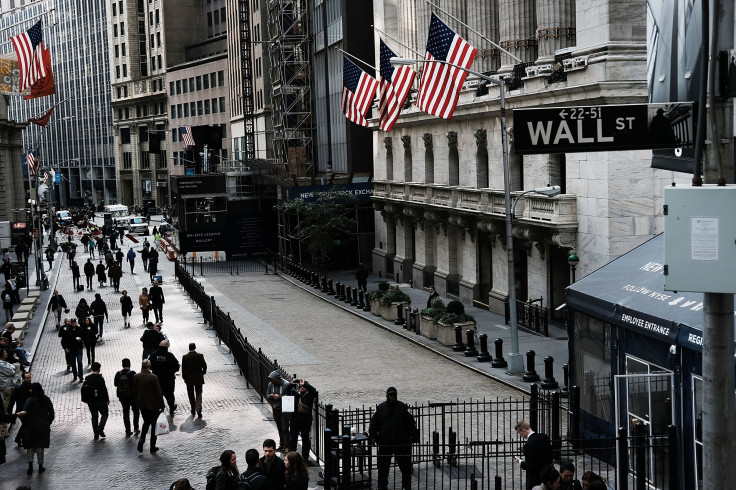US Economy: Will There Be A Recession In 2020 Or 2021? Experts Offer Insight On Jobs, Growth

KEY POINTS
- The U.S. could possibly face a recession in 2020 or 2021
- One economic study said that the U.S. has a 70% chance of experiencing a recession in the next six months, while University of Massachusetts economist Richard D. Wolff has said a recession is slated for this or next year
- For now, the U.S. economy seems relatively stable, with one economist saying that the U.S. has the capacity to absorb a recession and bounce back
Although the U.S. economy continues to experience relatively strong growth, there could be some major warning signs that a recession may come this or next year.
A study from MIT and State Street Associates published earlier in February predicts a 70% chance of a recession in the next six months. The researchers who conducted the study analyzed four market factors on a monthly basis: industrial production, nonfarm payrolls, stock market return and the slope of the yield curve.
The researchers looked at the factors and applied a principle called the Mahalanobis distance, a measure previously used to analyze the resemblance of human skills. The researchers were then able to come up with a model that predicts economic booms and downturns.
The 70% likelihood of a recession comes from the slope of the yield curve and weaker industrial production, the study says.
On Jan. 28, the bond market briefly experienced an inverted yield curve, a warning sign of a recession. The curve inverted last August, but then reverted back in October. The inversion caused widespread talk of a possible economic slowdown.
University of Massachusetts economist Richard D. Wolff has predicted an economic downturn in 2020 or 2021. Wolff said the large national debt will cause a financial crisis, with the Treasury Department estimating that the U.S. budget deficit will surpass $1 trillion in the 2020 fiscal year and thereafter if no action is taken.
“Wherever capitalism has settled in the 300 years that this system has dominated the world, in every country, in every region here’s the pattern: Every four to seven years, there’s an economic downturn,” he said.
“Based on that — and if you remember that the last big downturn that we had was in 2008 — well then we are overdue,” he continued.
If a recession does come this year, the U.S. could bounce back.
“The balance sheets of households, businesses and banks remain strong,” Cristian deRitis, deputy chief economist at Moody's Analytics told USA Today in December. “We have the capacity to absorb a recession, restructure and see growth recover.”
For now, the U.S. economy seems fairly stable, experiencing a 2.1% rise in GDP growth in the fourth quarter of 2019. In January, the U.S. added 225,000 jobs, beating expectations.
President Trump also signed a phase one trade deal with China in January, along with his new trade agreement with Canada and Mexico. Trump hopes that these deals will further stimulate the economy and help him land a second term.
© Copyright IBTimes 2025. All rights reserved.





















